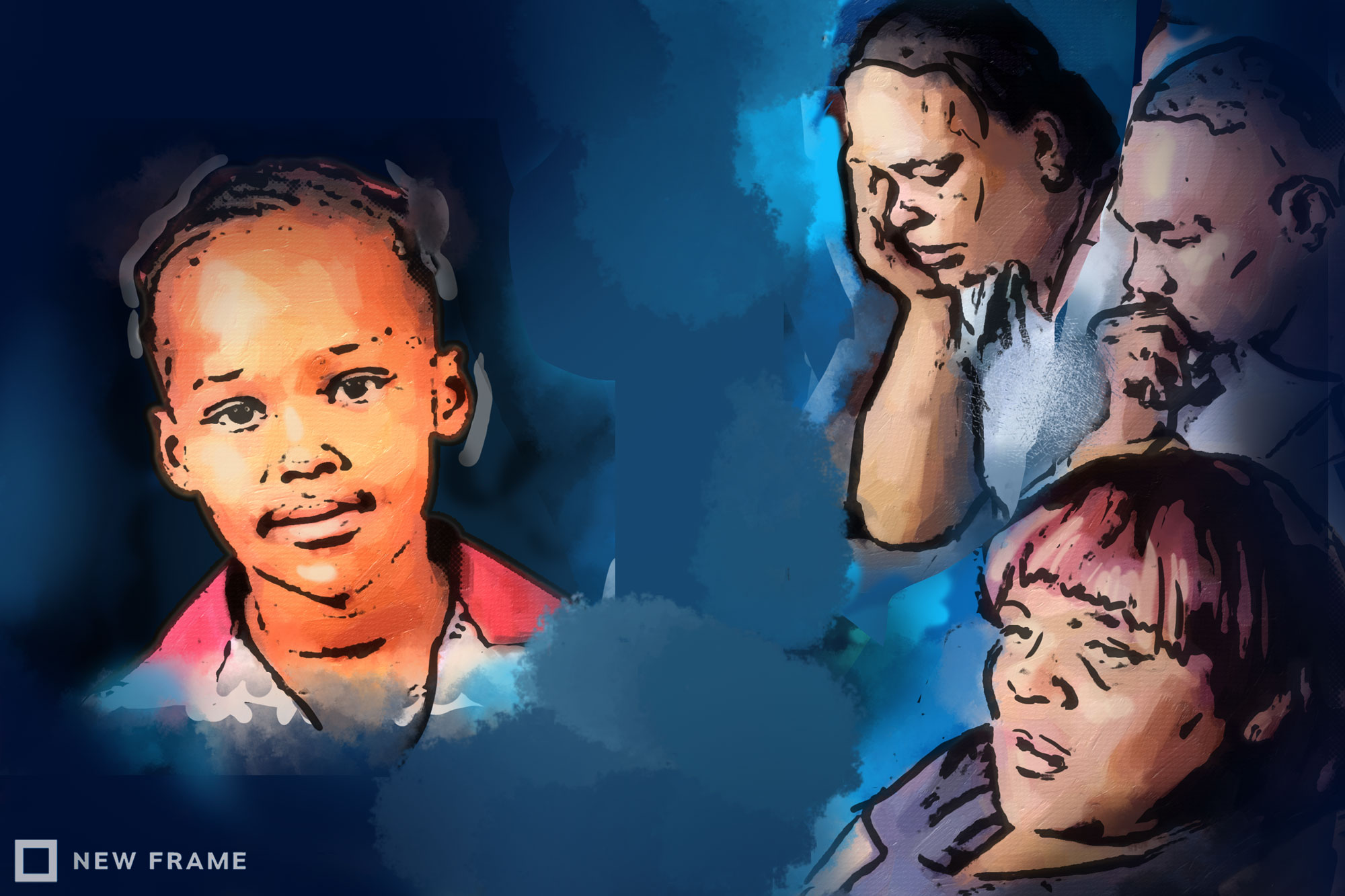Politicians’ words diminish gender-based violence
Accusations of wife-beating in Parliament diminish the gender-based violence crisis in South Africa, which extends to murdered girls such as Tazne van Wyk who often get lost in statistics.
Author:
21 February 2020

South Africa is a dangerous place for women, children and vulnerable LGBTQIA+ people. Gender-based violence and violence against children cannot be unrelated. They cannot be considered separate from each other. And that’s why ill-considered public statements by politicians have meaning.
For a moment, this slipped the minds of EFF leader Julius Malema and ANC member of Parliament Boy Mamabolo. They had forgotten about the thousands of survivors and victims of gender-based violence. For a moment, during the debate on the State of the Nation address in Parliament, they weaponised allegations of wife-beating to score political points.
Just like, for a moment, Tazne van Wyk’s family had hopes that the eight-year-old who disappeared from her home in Elsies River in the Western Cape would return home, alive.
Her body was found hidden in a stormwater drain outside Worcester. She had disappeared in a moment while walking to the tuck shop across the road from her home.
Lost among the numbers
The debate in Parliament, which pitted the ANC and the EFF against each other in a disgraceful exchange of who-beats-his-wife, was a missed opportunity to address gender-based violence as a structural epidemic in society.
It was a missed moment to debate the state of violence in South Africa, to consider the many who are vulnerable, including the 1 014 children murdered last year. In a nation with staggeringly high crime statistics and a shocking reputation for gender-based violence, it’s easy to lose sight of the children behind the numbers.
According to the latest crime statistics, released in September 2019, sexual offences against children had increased to more than 24 000 reported cases, 1 184 children had been victims of attempted murder and more than 17 000 had reported assault.
The Western Cape is the most dangerous place for children. In 2017-2018, 279 children died in the Western Cape. This was up from 179 the previous year.
Close to home
Salome McLeod, a social worker at non-profit child protection organisation Molo Songololo, addressed the Western Cape standing committee on social development last year.
She said the killers of children in the province are often caregivers, family members, people known to the child, gangsters, partners and neighbours. She also said the underlying causes of child murders are neglect, carelessness, abuse, violence and crime. Substance abuse and gangsterism are also key factors, she said.
Last year, the Western Cape Department of Social Development held a meeting to discuss a strategy to reduce child murders in the province. Child activists, prosecutors, policy makers and lawmakers discussed, among other things, a South African child death review project that was piloted in 2018.
Related article:
The project found that among the reviewed police stations in the City of Cape Town, those that had recorded the most child murders were Delft with 18 cases, Mfuleni with 17 and Gugulethu with 15.
The project uncovered that, in particular, the male partners of mothers take on a prominent role in the murder of children. And, the meeting heard, “one in 10 child murders is associated with rape mainly perpetrated by a known male and [it is] mainly a problem affecting girls”.
On the prevalence of violence in South African society, it was noted that “large numbers of young men are killed yearly due to gang violence and interpersonal peer-on-peer violence. This is also driven by social norms promoting the use of violence and the availability of weapons as well as alcohol and drug use.”
McLeod said most child victims are black children from impoverished families and communities and dysfunctional households.
More than lip service needed
She proposed that effective parliamentary oversight is needed to hold key government departments accountable, and that the security and safety of children must be prioritised through increased community policing.
Perhaps if McLeod’s suggestion to increase community policing had been taken seriously, Tazne would have safely crossed the street. Her distraught family deserves an urgent response to their question: “Your children can’t play outside. Is this how our children must grow up?”
We live in an environment in which these moments are swiftly forgotten as they are swept up in the rush of the news cycle. Nevertheless, politicians should be held accountable for their momentary reckless statements about gender-based violence.
In the past year, women, children and activists have campaigned every day to draw attention to the scourge of this violence. Their cries cannot be reduced to momentary statements followed by apologies. They must be met with action.
Malema and Mamabolo’s statements have a lasting impact during this, our worst gender-based violence crisis. Politicians who have committed to fight against it need to be held to their words.

